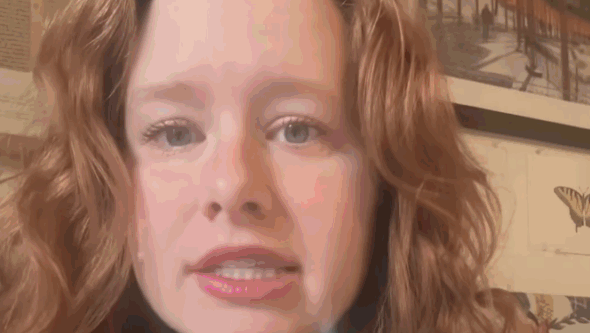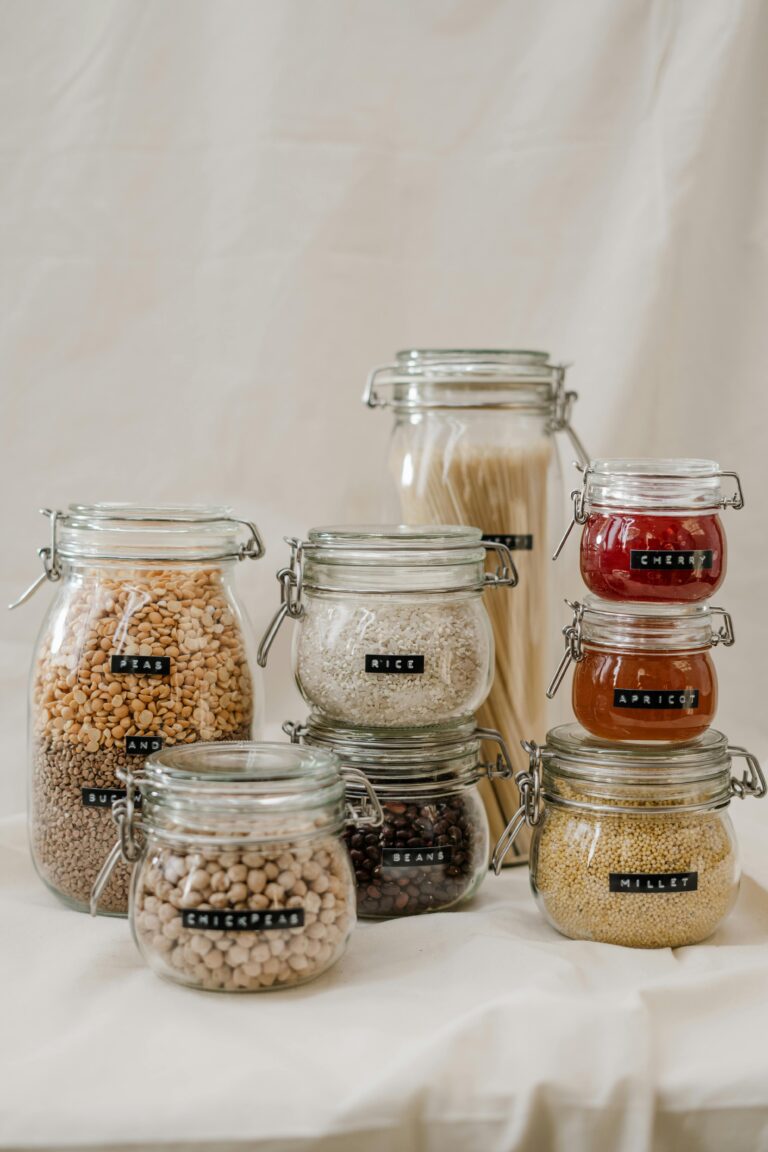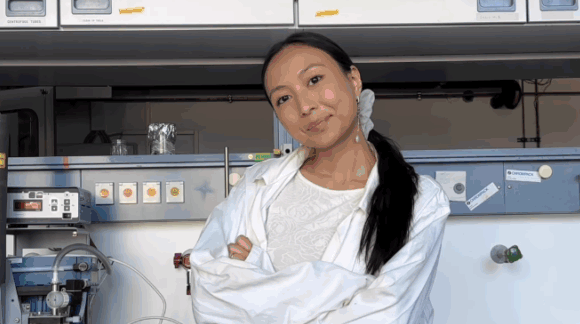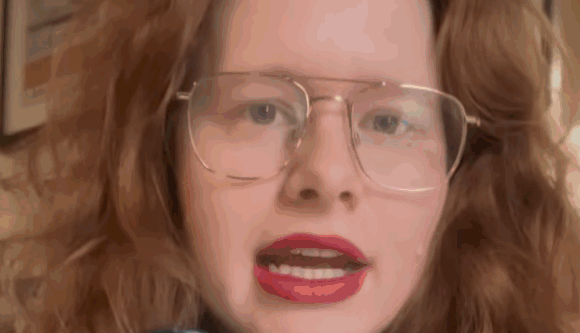Fight Plastic Pollution Campaign
Serve Up Reuse
The plastic and single-use waste crisis is spiraling out of control, but we have a plan to change that. At The Story of Stuff Project, we believe that to win real solutions, we need more than awareness—we need campaigns that focus our movements and show us how to win.
THE PROBLEM
We are drowning in disposables. Each year the U.S. food service industry purchases nearly 11 trillion disposable items (yes, we also have a hard time visualizing this number), spending $24 billion on products that are used for minutes and then thrown away or littered. Local governments and taxpayers are footing a $6 billion bill to manage the 6 million tons of waste created. That’s not counting the billions more in environmental damage and impacts on public health. Yikes.
Single-use products waste natural resources, pollute our air and water, and pump out greenhouse gases that drive climate change. The plastics keep us addicted to fossil fuel development and prop up the oil and gas industry. They hit hardest in low-income neighborhoods and communities of color where the fracking, manufacturing, landfills, and incinerators are often located.
Most of this stuff can’t be recycled or composted—no matter what the label says. It’s too dirty, too mixed, or just not accepted. And “biodegradable” packaging is no panacea. It contaminates compost and most often it ends up in the trash. We can’t recycle or compost our way out of this.
Reuse Stops Plastic Pollution Before it Starts:
-
Eliminates single use plastics and litter
-
Reduces emissions and helps fight climate change
-
Saves water and natural resources
-
Creates good local jobs and strengthens communities
How you can take action

Get a reuse policy enacted in your community
Join the Serve Up Reuse campaign and unlock our toolkit full of templates, resources, and insider strategies to pass bold reuse policies and take action locally.

Bring Back Refillable beverages
Bringing back returnable reusable beverage containers is the best way to reduce single-use plastic bottles that are filling our oceans and litter our streets with plastic. We’re telling Coca-Cola, the number #1 plastic polluter, to bring back refillables and deliver their products the old-fashioned way- without all the waste!

Become a reuse advocate
Are you ready to train your Citizen Muscle? We’re inviting you to join our Changemaker Bootcamp—a three-part training series designed to help you build a better future rooted in reuse.
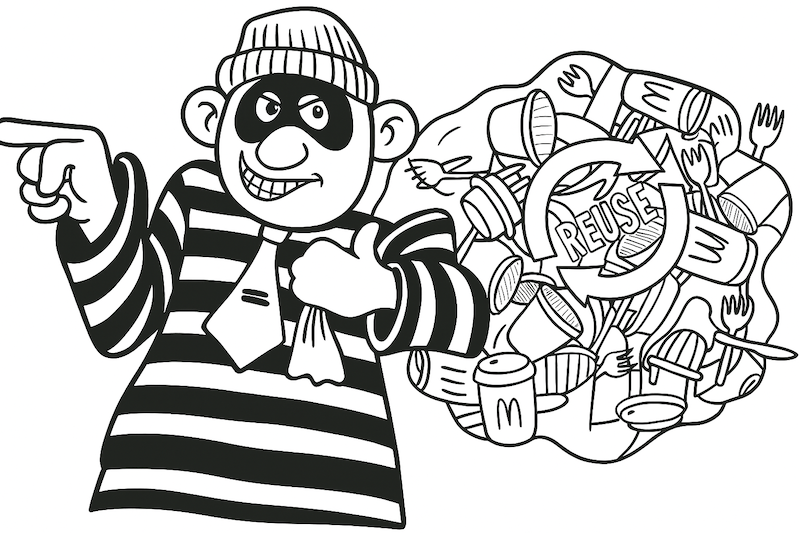
mcdonald’s: stop haMburglaring Reuse!
McDonald’s: the world’s biggest fast-food chain, an icon of consumption and disposable packaging, spent two years derailing an EU-wide legislation requiring restaurants to serve on-site diners with reusables and introducing reusable packaging in takeout. Sign the petition and tell McDonalds to stop hamburglaring reuse!
our solution
Every time you eat at a fast-food restaurant, you’re served a side of trash. Disposable cups, wrappers, clamshells, utensils — all used for minutes, then tossed. And companies like McDonald’s, the originator of disposability in food service, are still packaging your meal in garbage. We don’t have to accept this.
Cities are already saying no to disposables. Across dozens of cities in North America, new policies now require real plates, cups, and utensils for on-site dining. These reuse laws are spreading — and they work. Cities with reuse policies in place help reuse scale in onsite dining, takeout programs, college campuses, schools, stadiums, zoos and event venues.

